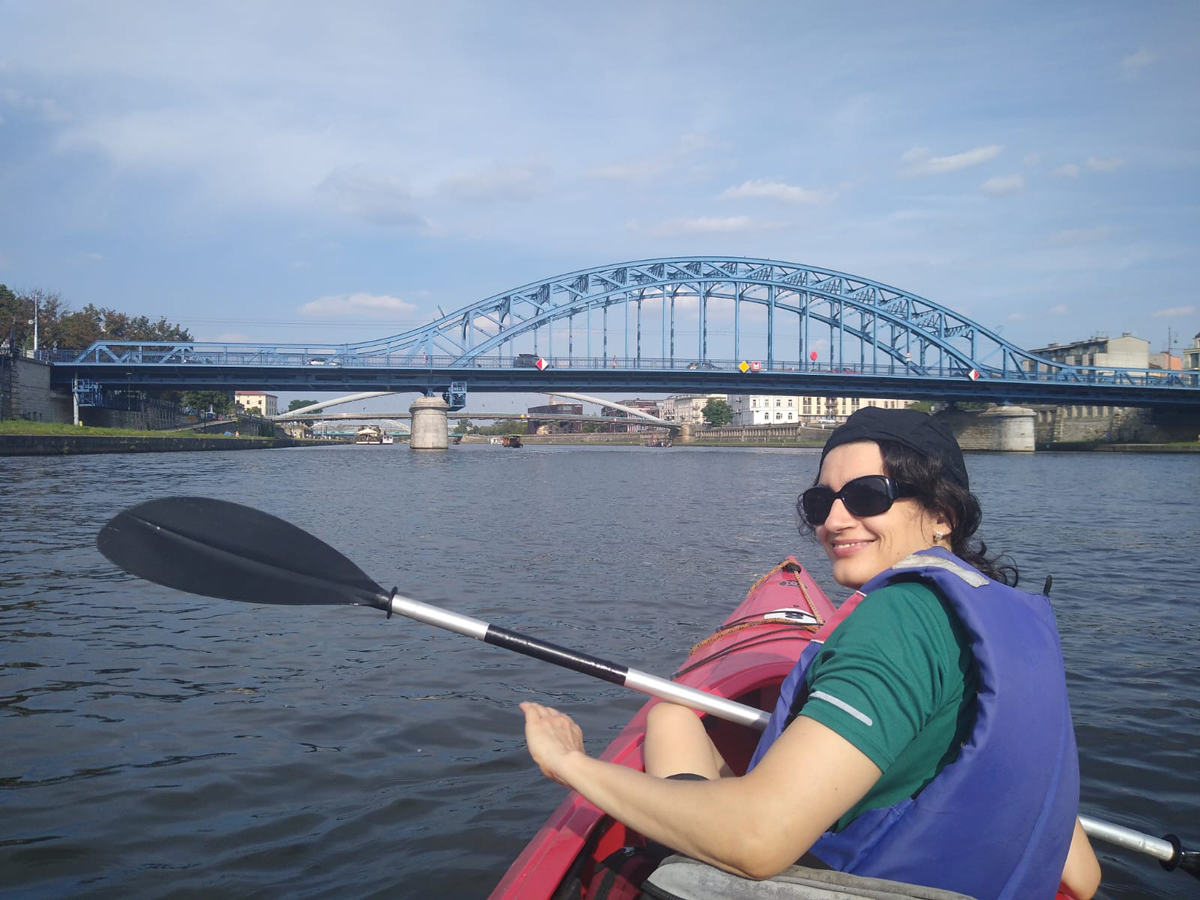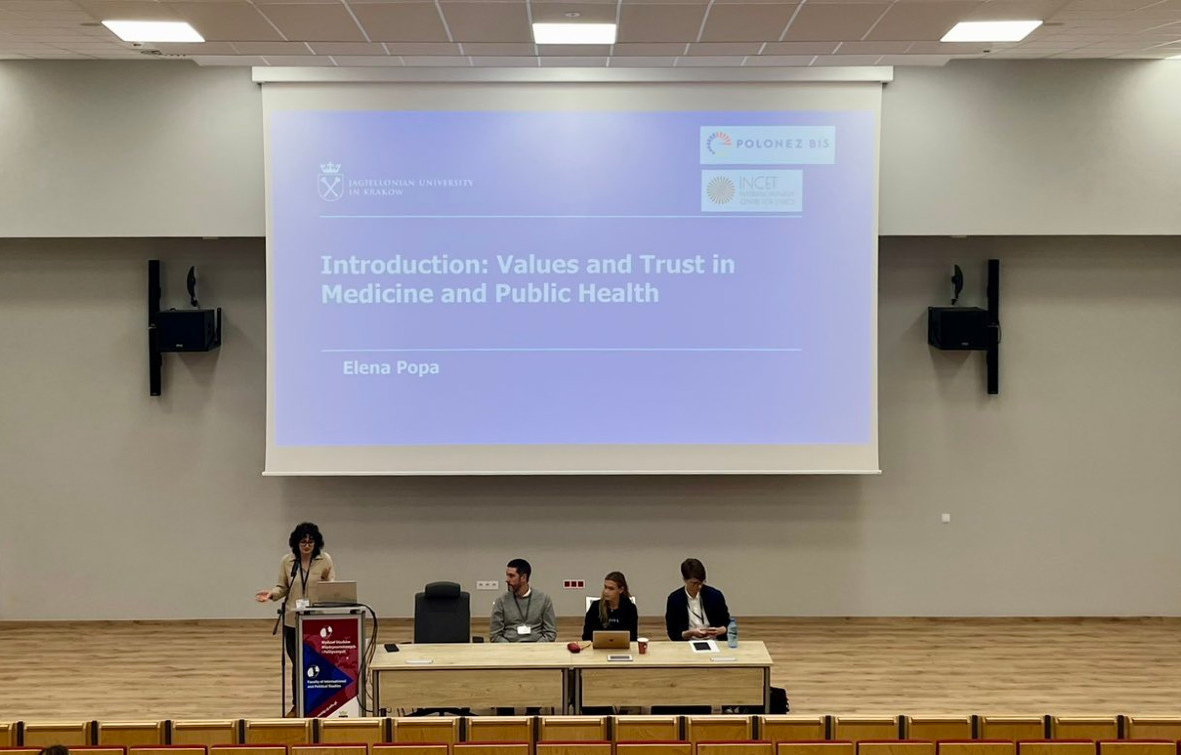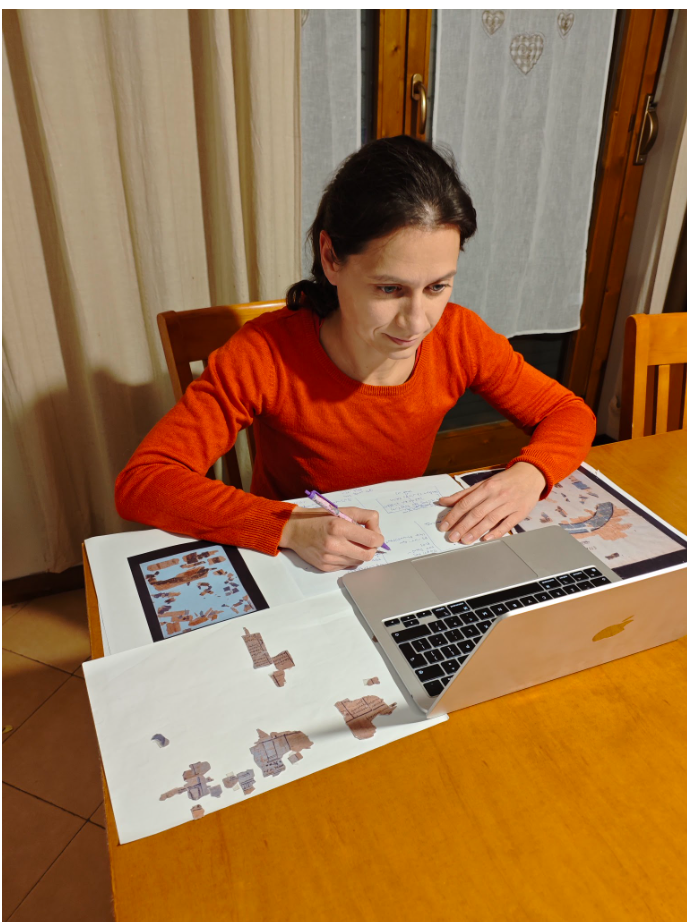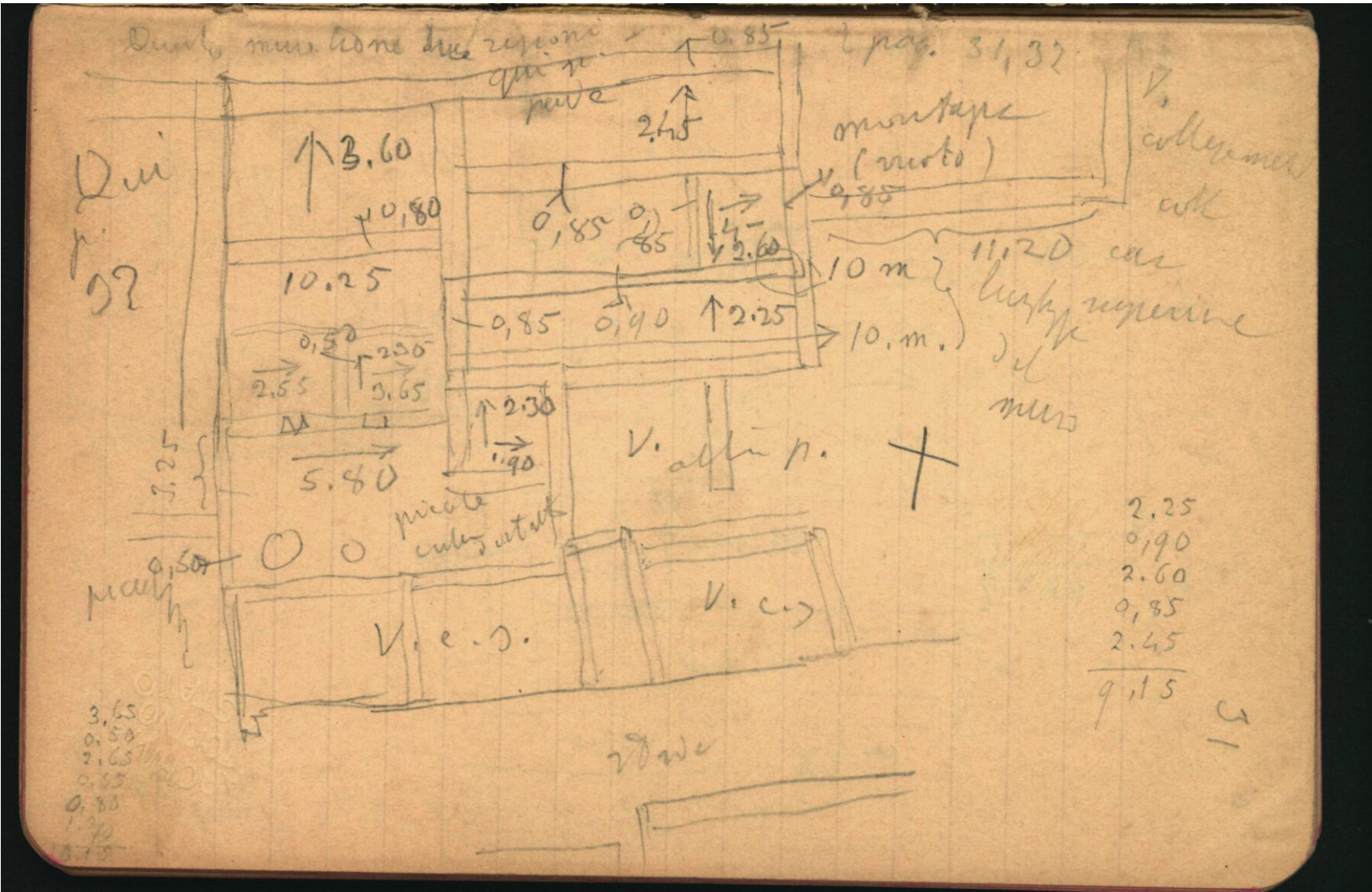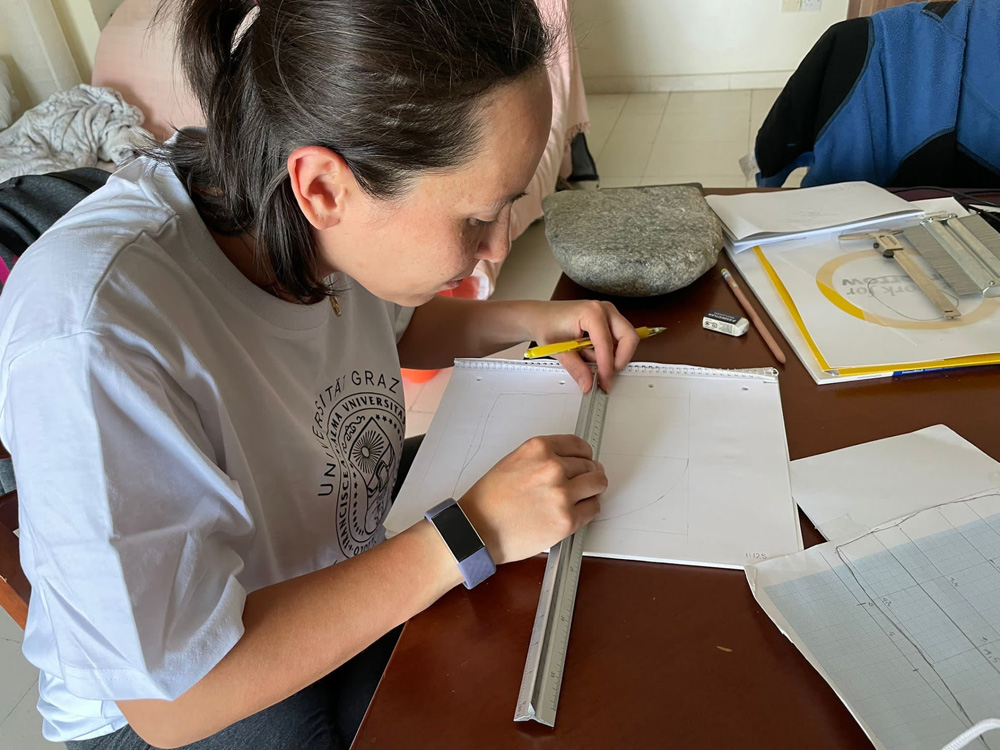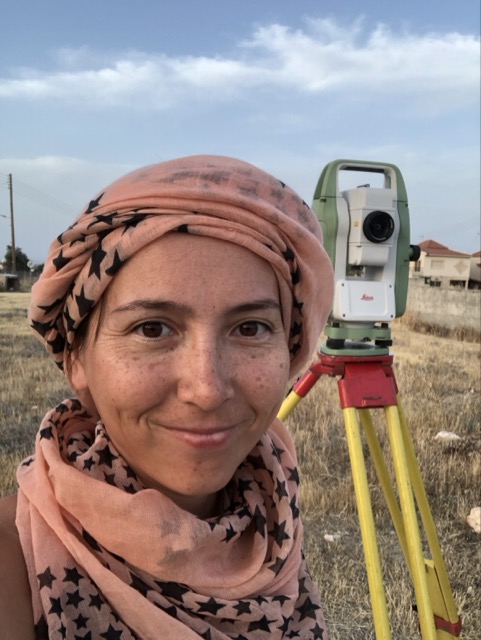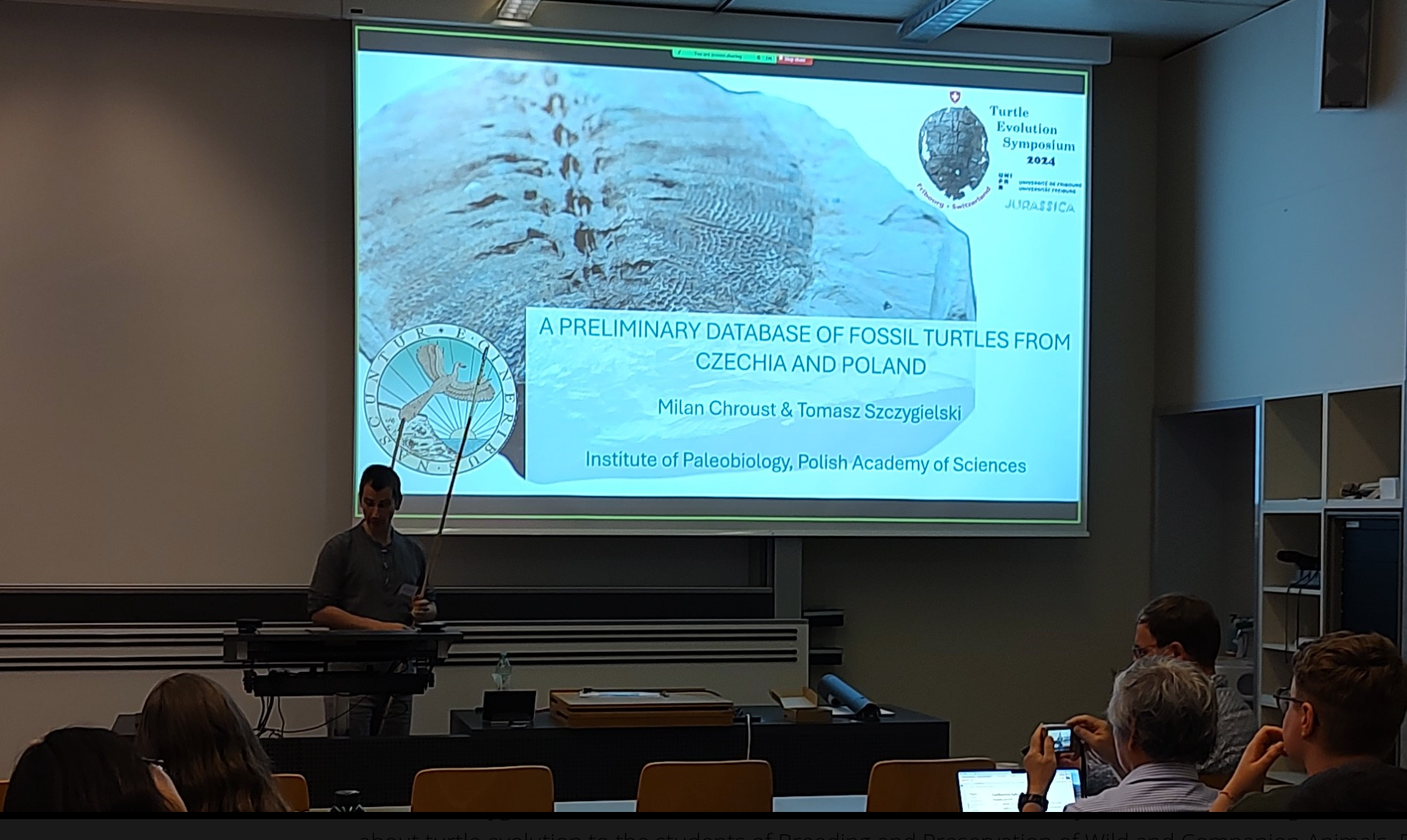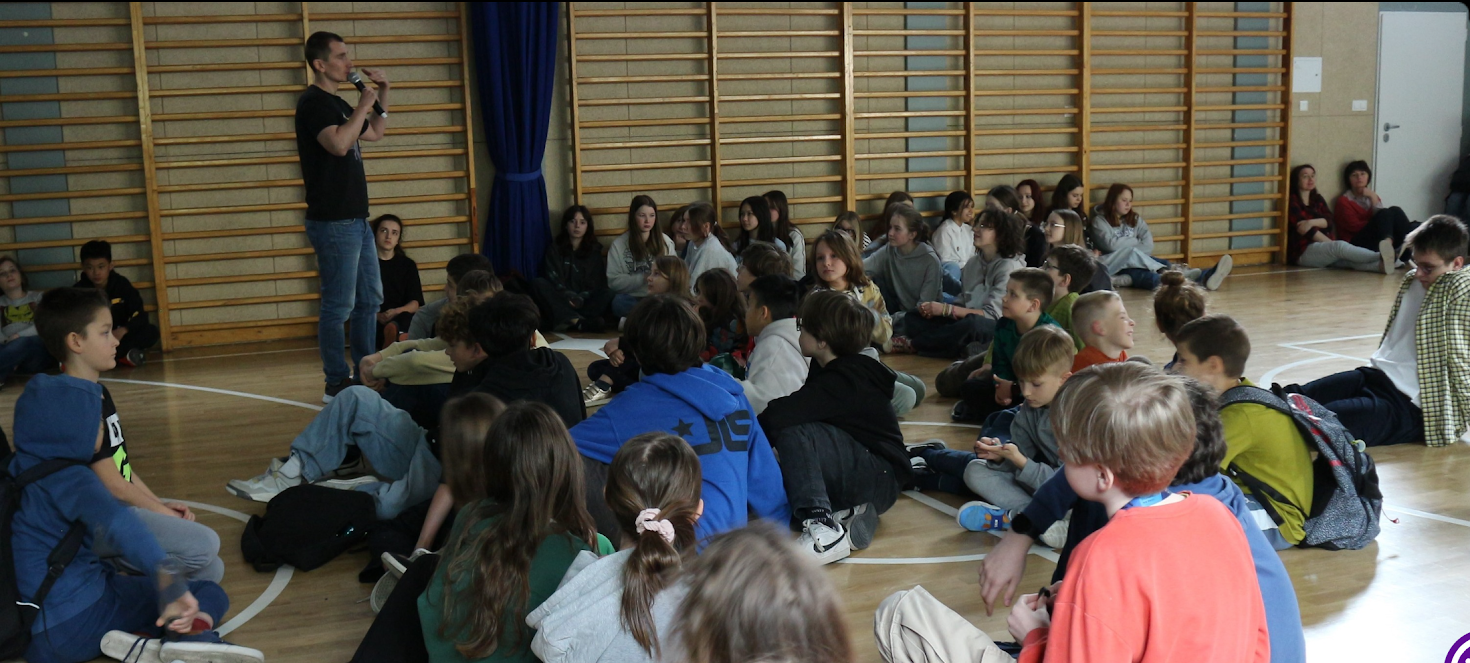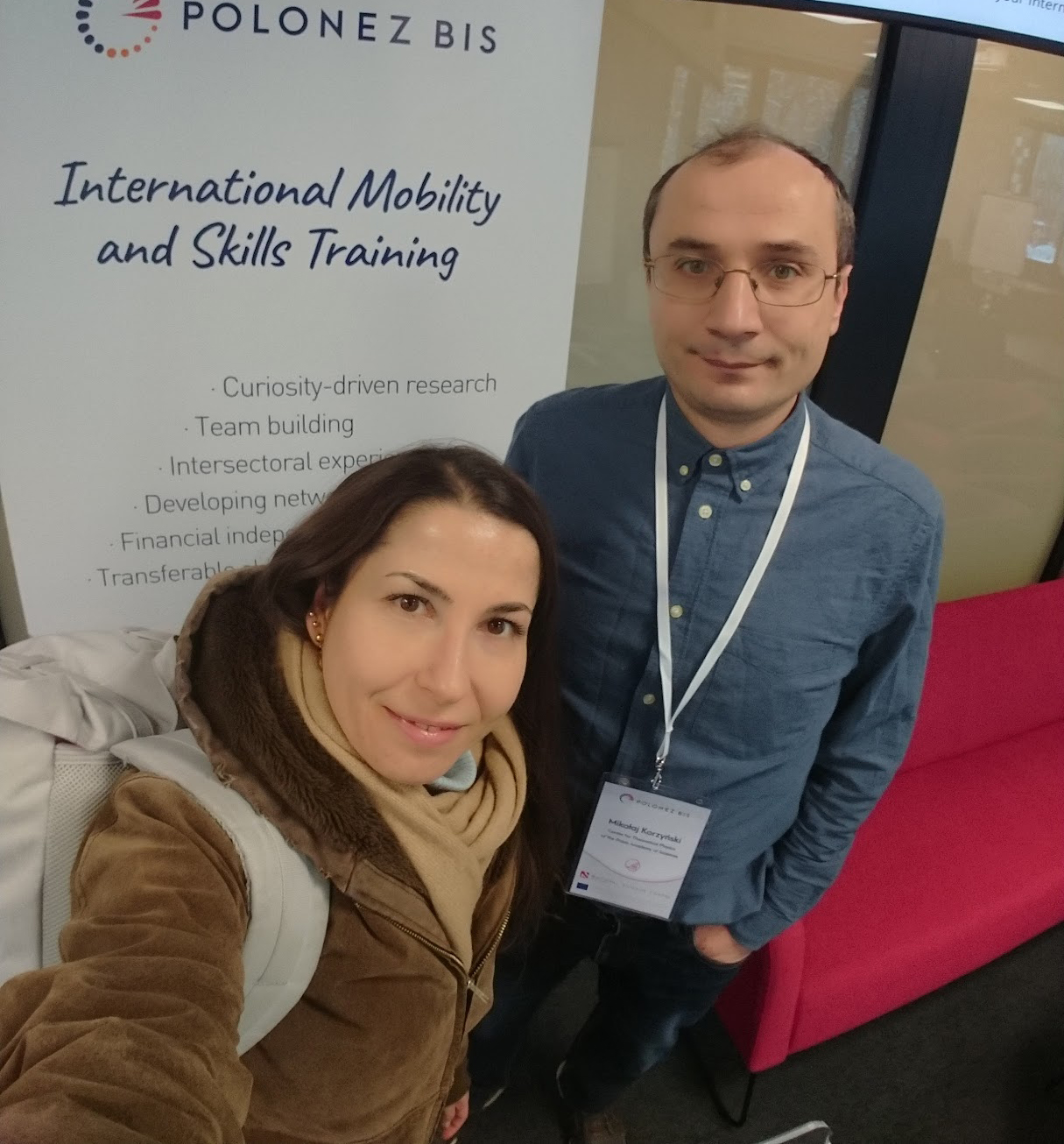The Kilowatt Dilemma. Surprising connections between your bank, global trade, and the future of the planet
Imagine a nation on a growth path. Factories are opening, families are buying their first refrigerators, and cities are shining brighter every night. This is a picture of progress. However, behind it lies a crucial question: can a country lift its citizens out of poverty without simultaneously plunging the planet into an even deeper climate crisis? This fundamental tension between economic development and energy consumption defines one of the greatest challenges of our time, especially for emerging economies aspiring to the prosperity long enjoyed by developed countries.
At the heart of this challenge lies a concept that, although technical, is extremely intuitive: “energy intensity.” Think of it as a country’s “energy mileage.” How much gross domestic product – that is, economic value – can it generate from each unit of energy consumed? A country with low energy intensity is like a car with low fuel consumption; it can travel further on less fuel. For emerging economies, improving this “mileage” is essential for achieving sustainable growth as it allows for development without a proportional increase in emissions and environmental burden.
The race is on to find levers that can reduce this energy intensity. While engineers work on more efficient turbines and solar panels, Dr. Syed Anees Haider Zaidi at the University of Warsaw is looking for answers in much more surprising places: in a local bank branch and in a global shipping container. What if access to credit or the flow of international goods holds the key to our energy future? It is this innovative perspective that drives research that could redefine our approach to climate policy and economic development.
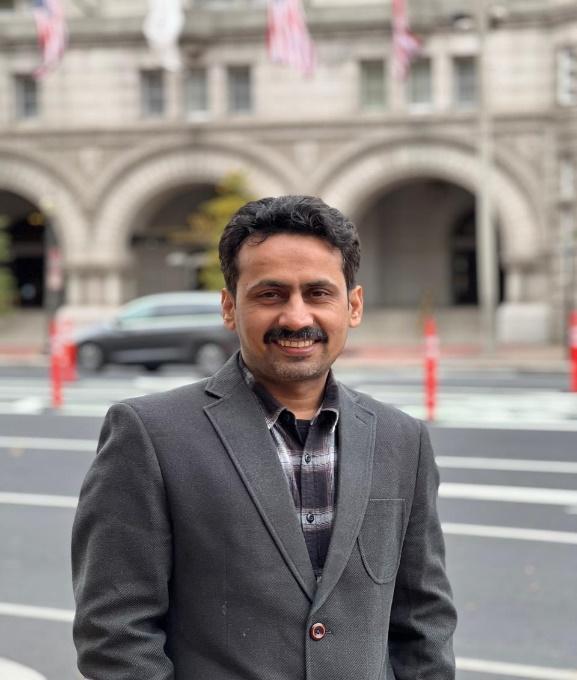
Source: Dr. Syed Anees Haider Zaidi’s private archive
Dr. Syed Anees Haider Zaidi is a researcher whose career is a testament to dedication and deep expertise. His credentials are not merely a list of achievements, but proof of his commitment to solving complex problems. He obtained his doctorate in management science and engineering in 2020 from the School of Management and Economics at the Beijing Institute of Technology in China, and his impressive output includes 46 manuscripts published in highly regarded and influential scientific journals.
Dr. Zaidi is the principal investigator in the POLONEZ BIS project “The Impact of Globalization and Financial Inclusion on Energy Intensity” which aims to provide policymakers with valuable information to help them design effective strategies for a sustainable energy transition. Zaidi seeks to answer how financial and trade policies can become an unexpected but powerful tool in the fight against climate change.
Dr. Zaidi’s research explores two powerful yet seemingly unrelated mechanisms that shape the modern world: access to financial services and the global flow of goods and capital. His hypothesis is that the intersection of these two forces holds the key answers regarding nations’ energy efficiency.
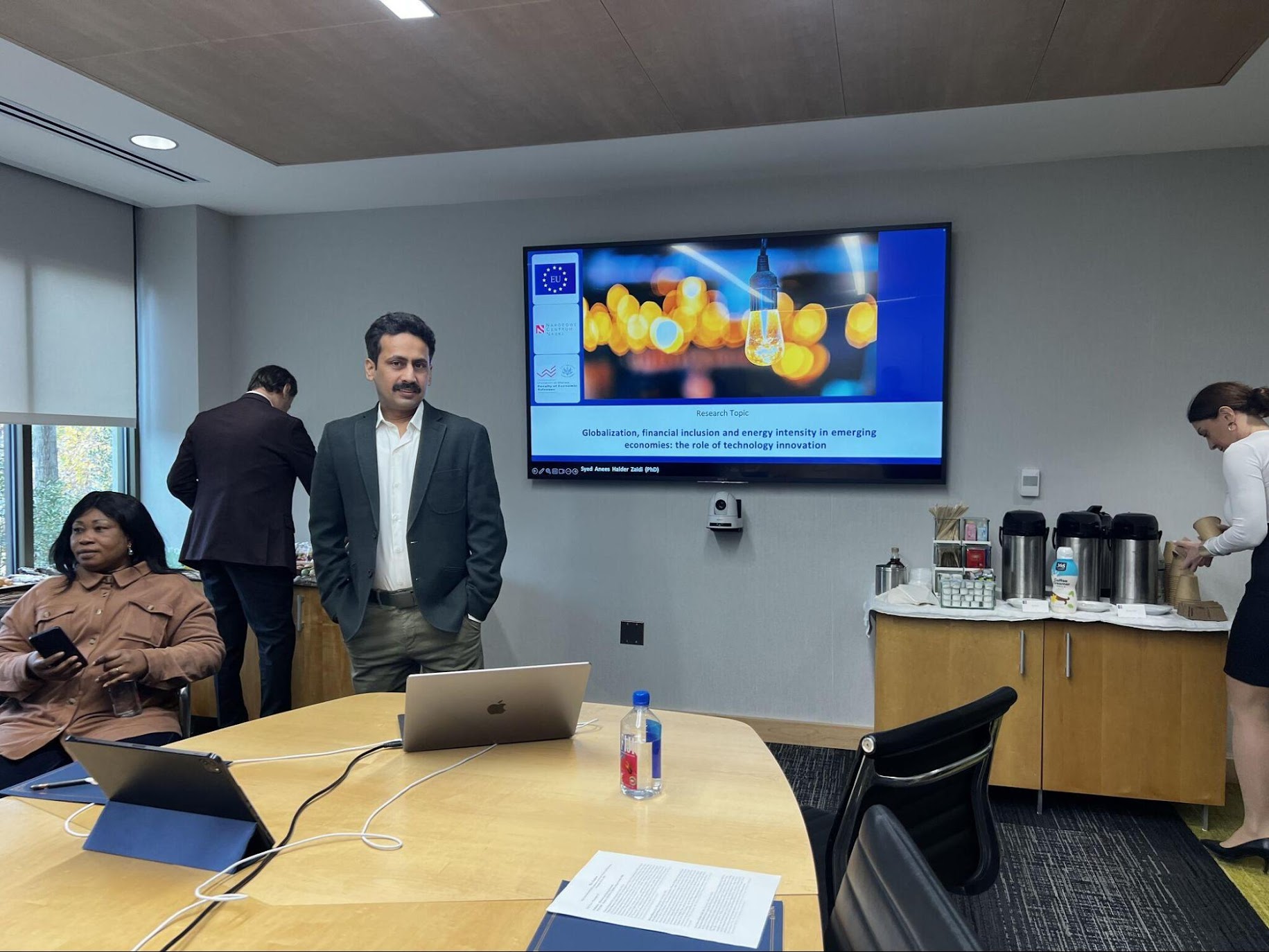
Source: Dr. Syed Anees Haider Zaidi’s private archive
Dr. Syed Anees Haider Zaidi’s work delivers a fundamental message: solving the energy and climate crisis requires a holistic approach. We must look beyond factory chimneys and solar panels, to the economic and financial systems that shape our choices. Sustainable energy policy must be integrated with strategies for financial inclusion and intelligent globalization. His research shows that a loan for energy-efficient equipment in a small village or a trade agreement promoting the transfer of clean technologies can be as important for the future of the climate as building a new wind farm.
In our conversation, the researcher highlighted several specific advantages of the Polish academic environment that proved crucial for his project. These insights offer a unique perspective on how international scientific mobility drives progress. Firstly, he noted better access to key econometric tools and databases compared to his home country. Simply put, it’s like giving an astronomer a more powerful telescope. Access to advanced software and comprehensive, international datasets allows him to conduct more advanced and precise analyses, which translates into greater credibility and depth of his results. Secondly, the research culture in Poland, with its emphasis on interdisciplinary collaboration, proved to be a huge asset. As Dr. Zaidi says, an environment where economists, sociologists, and energy policy experts can freely exchange ideas helped him refine his methods and, as he states, added “depth and rigor” to his work. Finally, the strong emphasis on sustainable development policy regulated by the European Union created a unique context for his research. Conducting analyses in an ecosystem where these issues are not just academic but are at the center of real political action gives his work additional weight and urgency. This means that his theoretical models are confronted with one of the world’s most advanced regulatory systems in the field of sustainable development, making his conclusions more robust and globally applicable.
Dr. Zaidi’s experience in Poland extends far beyond the walls of the laboratory and library. His time in Warsaw was also an opportunity for personal and cultural enrichment. He enthusiastically explored the city’s rich historical and cultural heritage, including iconic sites such as the Old Town, the Royal Castle, and Łazienki Królewskie. His travels across Poland took him to Krakow, Łódź, and Ostróda. This shows that the life of a scientist is more than just data and publications; it is also about building bridges between cultures and drawing inspiration from the surrounding world.
